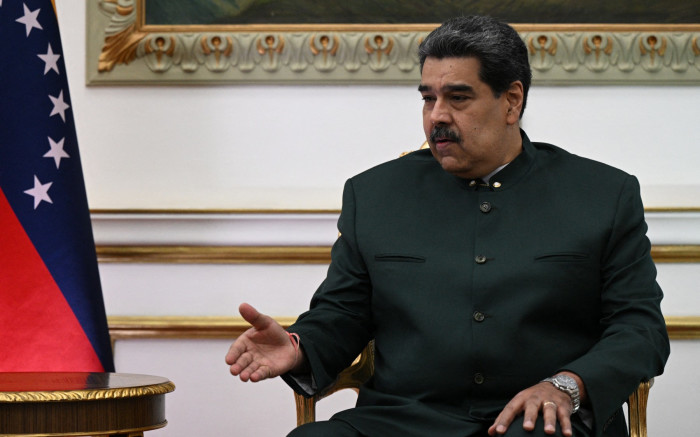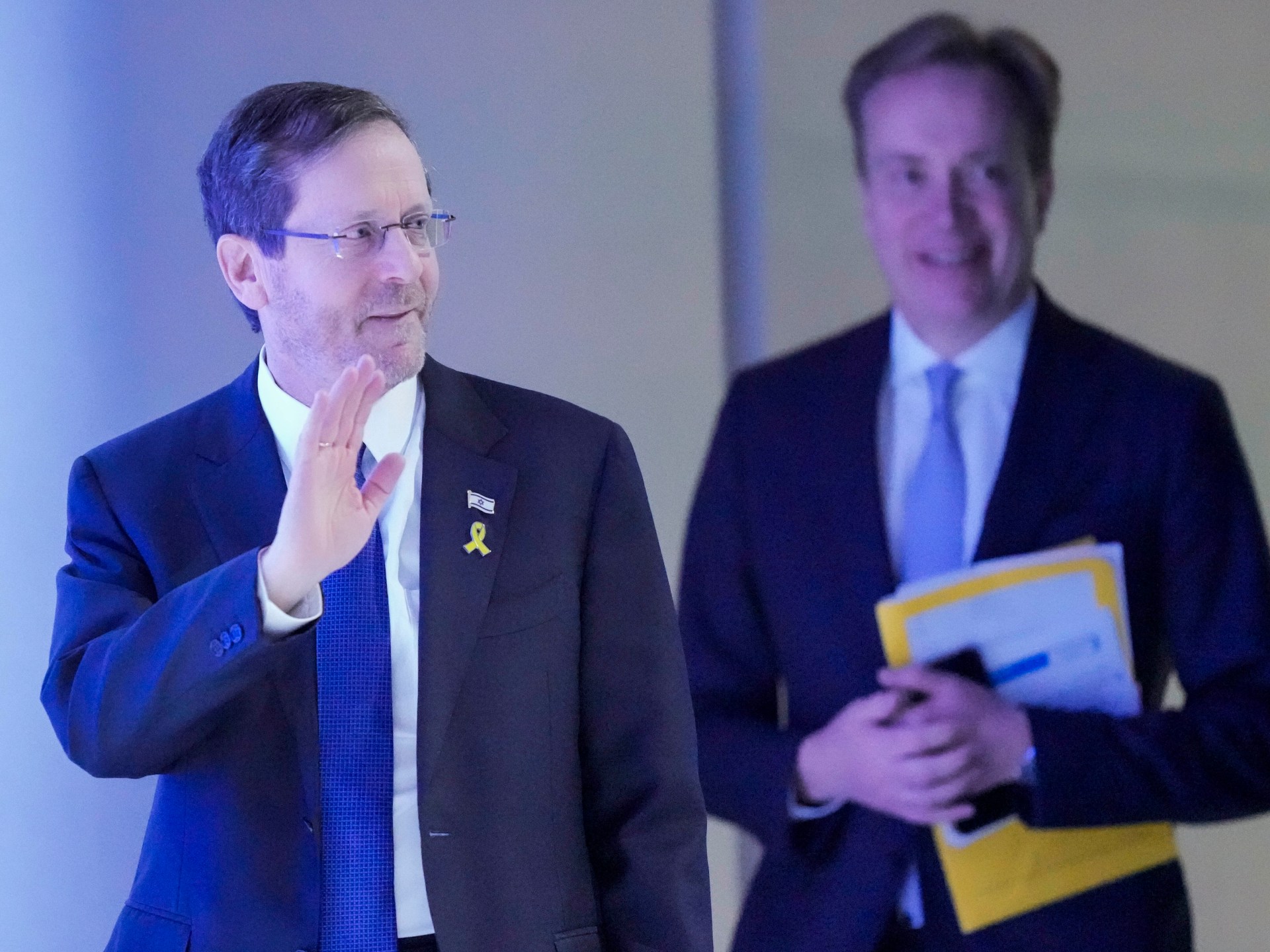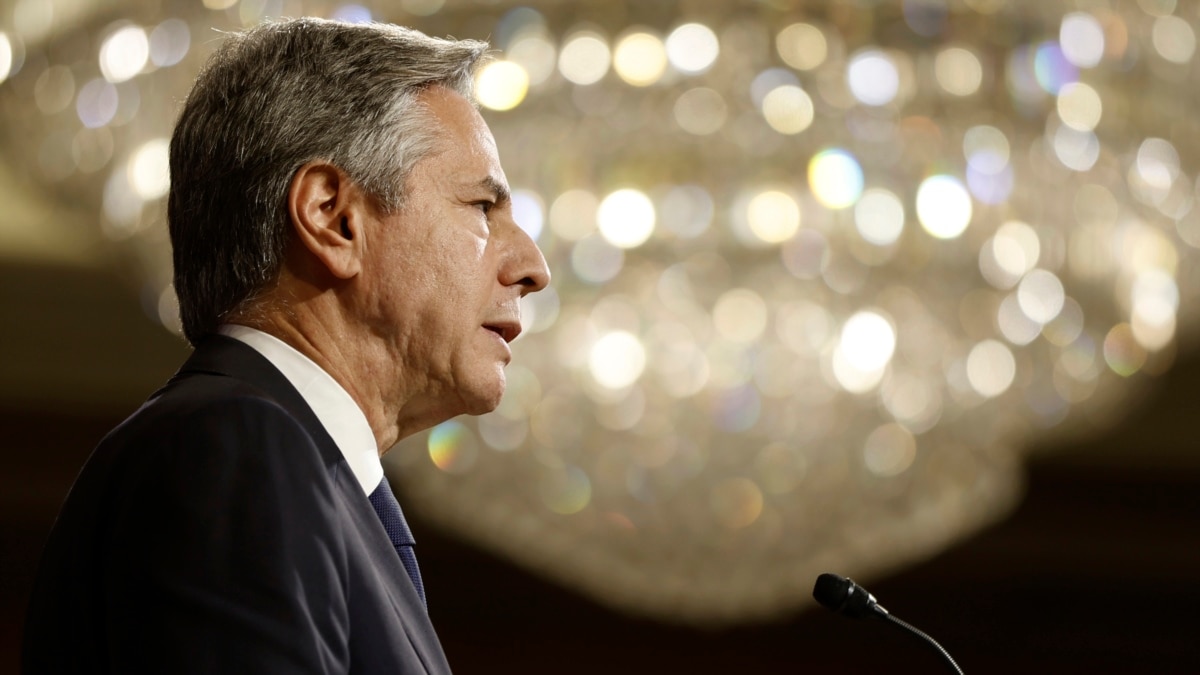
DUBAI, United Arab Emirates (AP) — Countries moved closer Monday to what critics called a watered-down final deal, dodging calls from more than 100 nations to phase out planet-warming fossil fuels as climate negotiations unfold United Nations in Dubai was approaching its climax.
A new draft of the so-called global stocktake released Monday afternoon – the part of the talks that assesses where the world stands with its climate goals and how it can achieve them – called on countries to “combine the consumption and production of fossil fuels in one.” to reduce fairly, orderly and equitably.”
The release sparked a flurry of fine-tuning by government officials and careful analysis by stakeholders just hours before the talks were scheduled to end late in the morning on Tuesday – even as many observers expect the finale to drag on, as usual at the annual UN talks.
Activists said the text was written by the COP28 presidency, led by a CEO of an Emirati oil company, and pounced on its perceived shortcomings. It called for “phasing out inefficient fossil fuel subsidies that encourage wasteful consumption,” but fell short of a widespread push to phase out fossil fuels like oil, gas and coal entirely.
The COP presidency responded in a statement that the text was a “great step forward” and was now “in the hands of the parties we trust to do what is best for humanity and the planet.”
COP28 President Sultan al-Jaber skipped a planned press conference and went straight to a meeting with delegates shortly after 6:30 p.m
“We have a text and we have to agree on the text,” al-Jaber said. “The time for discussion is coming to an end and there is no time for hesitation. The time to decide is now.”
He added: “We still have a lot of gaps to close. We can’t waste any time.”
Critics said there was much work to be done.
“The word ‘exit’ has been abolished,” said Li Shuo, director of the Asia Society Policy Institute. “We have to introduce the word exit gradually. I think there is still a chance for countries to do this.”
Andreas Sieber, climate activist at 350.org, added: “What we have now seen is that our fears have come true.”
Jean Su of the Center for Biological Diversity said the text “deviates catastrophically from the original language calling for a phase-out of fossil fuels.”
“If this monstrosity of the race to the bottom is declared the final word, this crucial COP will be a failure,” Su said.
The text “is extremely disappointing, worrying and falls far short of the ambition that people around the world deserve,” said Rachel Cleetus of the Union of Concerned Scientists.
But Mohamed Adow of Power Shift Africa said the text “lays the foundation for transformative change.”
“This is the first COP where the word “fossil fuels” is actually included in the draft decision. This is the beginning of the end of the fossil fuel era,” he said.
The draft states that about $4.3 trillion will need to be invested annually by 2030 to achieve the goal of reducing emissions of heat-trapping gases in the atmosphere to zero by mid-century. It said the funding needed for the adjustment was only a fraction of current spending.
Early Monday, visibly tired and frustrated senior U.N. officials at the COP28 climate talks called for a stronger push for an end to fossil fuels, warning that time is running out for action that keeps the world at or below the internationally agreed warming threshold could hold.
U.N. Secretary-General Antonio Guterres said it was “time to move into high gear, negotiate in good faith and rise to the challenge.” He said negotiators at the COP28 summit must focus particularly on reducing greenhouse gas emissions and climate justice.
“We cannot drag this out any further,” Guterres said. “We are outside the road and almost outside of time.”
Emirati officials canceled a hastily called news conference with al-Jaber and then canceled another with a different official in the early afternoon. They gave no explanation for the cancellations, calling into question an earlier promise by al-Jaber to abruptly end the COP at 11 a.m. Tuesday. They were part of a series of cancellations by prominent negotiators.
At an event that did take place, attended by presidential members of the current and previous COPs, climate activist Licypriya Kangujam took to the stage to protest against fossil fuel use before being marched away.
The conference’s presidency “recognizes that we need to reach an agreement on fossil fuels for this to be considered a success,” said Steven Guilbeault, Canada’s environment minister and one of eight super negotiators tasked with helping find common ground. “I think if we don’t do that, people will see it as a failure, even though we agreed to a lot of other good things.”
Simon Stiell, the executive secretary of the UN Framework Convention on Climate Change, told reporters on Monday morning: “We don’t have a minute to lose in this crucial final phase.”
“One thing is for sure: I win, you lose – that’s a recipe for collective failure,” he said.
Negotiators from the power centers USA and China worked together on Monday morning.
One of the key players in this is India, which torpedoed the idea of a coal “phase-out” in 2021, but then proposed phasing out all fossil fuels, not just coal, in 2022, which was never on the agenda in last year’s climate negotiations.
The world’s most populous country and third-largest carbon dioxide emitter is trying to be both ambitious and retain the backbone of its economy, coal, said Vaibhav Chaturvedi of the New Delhi-based Council on Energy, Environment and Water. Earlier this month, Raosaheb Danve Patil, India’s youngest coal minister, said it would increase coal production to 1.5 billion tonnes by 2030 to meet growing demand.
Alden Meyer, an analyst at climate think tank E3G, said Saudi Arabia was trying to mobilize the other members of the OPEC oil cartel to object to the inclusion of fossil fuels in the text.
Canada’s Guilbeault said OPEC countries were “very unwilling to even think about having a conversation and I think that’s not helpful.”
Seve Paeniu, Tuvalu’s finance minister, said at a news conference that states calling for a phase-out of fossil fuels “would appeal to the oil-producing states, especially the Arab states, especially the Saudis.” We wanted them to join in because We recognize that their countries and their economies are heavily dependent on fossil fuels.”
___
Associated Press journalists Sibi Arasu, Olivia Zhang, Malak Harb, Bassam Hatoum and David Keyton contributed to this report.
___
The Associated Press’ climate and environmental reporting is supported by several private foundations. More information about AP’s climate initiative can be found here. The AP is solely responsible for all content.






Recent Comments